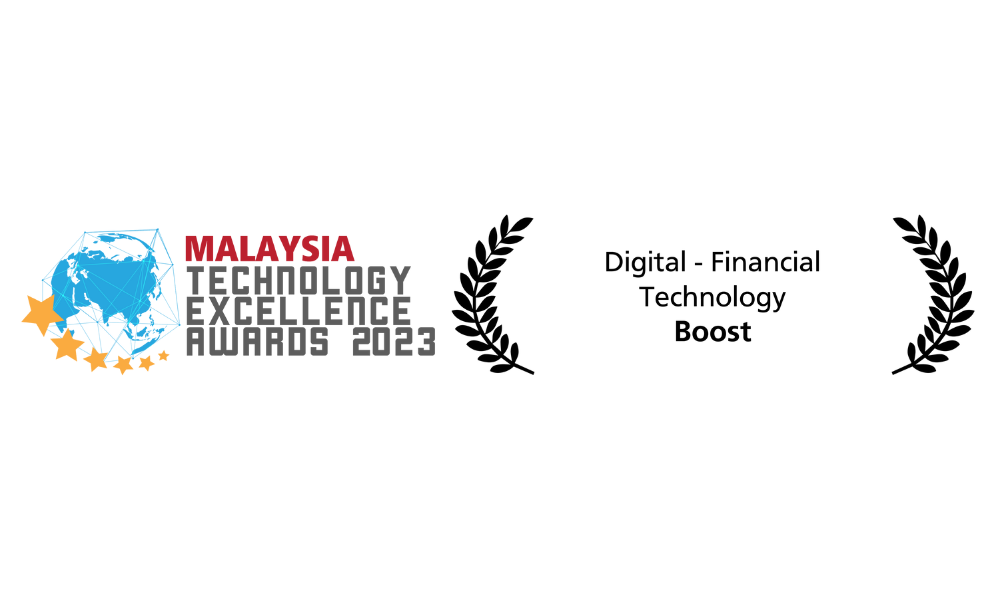The Coin Center sounds the alarm about the RESTRICT Act

Coin Center released a scathing assessment of the RESTRICT Act – saying the bill could be used to ban crypto.
The cryptocurrency advocacy organization highlighted several problems with the bill, including its potential to block and limit access to open protocols, such as the Bitcoin (BTC) network.
Moreover, Coin Center drew parallels with the existing Office of Foreign Assets Control (OFAC) system. But, crucially, they pointed out that the RESTRICT Act is different by limiting recourse – infringing on First Amendment rights.
“The Act creates a redundant regime parallel to OFAC without clear justification, it significantly limits the ability of injured parties to challenge actions that raise due process concerns, and unlike OFAC, it lacks any protected speech reservation.”
In August 2022, OFAC sanctioned cryptocurrency mixer Tornado Cash for allegations of laundering $7 billion in digital assets. The crypto community generally viewed the move as another example of government overreach and an attack on privacy.
At the time, Coin Center questioned the legitimacy of sanctioning an inanimate tool “that can be put to good or bad use like any other technology.”
RESTRICT Act
The RESTRICT Act was introduced to the US Senate on March 7 and sought to ban technologies linked to foreign governments.
Although not specifically mentioned in the bill, it is widely seen as a response to banning the short-form video platform TikTok.
Under the proposals, the White House Commerce Department would conduct a review of foreign technology. After that, the department would have the authority to respond as needed — which could include banning the technology if deemed appropriate.
Senator Warner – who sponsored the bill – said the proposals are not specifically aimed at TikTok. However, he added that on average, 100 million Americans use the platform for 90 minutes daily. Besides, it’s what “everybody’s talking about.”
Myntsenter warns about superior authority
Coin Center said it does not object to sanctioning “actual foreign adversaries,” such as transactions involving North Korean ransomware incidents. However, it raised concerns that the powers granted under the Act could be used even if there is no foreign adversary.
Similarly, the organization further objected to the potential scope, by misinterpreting the wording, to enact bans on entire asset classes, such as all Bitcoin transactions.
“If such an unreasonable and overbroad interpretation of the RESTRICT Act was made, we would fight it in court.”
Former Coinbase CTO Balaji Srinivasan reiterated earlier concerns, saying the law “is America’s Great Firewall.” Srinivasan added that the US is becoming “China in the name of beating China.”
The comment was made with reference to a mail Providing VPN access to banned apps can earn the perpetrator 20 years in prison and a $250,000 fine.
Disclaimer: Our authors’ opinions are solely their own and do not reflect the opinion of CryptoSlate. None of the information you read on CryptoSlate should be taken as investment advice, nor does CryptoSlate endorse any project that may be mentioned or linked to in this article. Buying and trading cryptocurrencies should be considered a high-risk activity. Do your own due diligence before doing anything related to the content of this article. Finally, CryptoSlate takes no responsibility if you lose money trading cryptocurrencies.
























